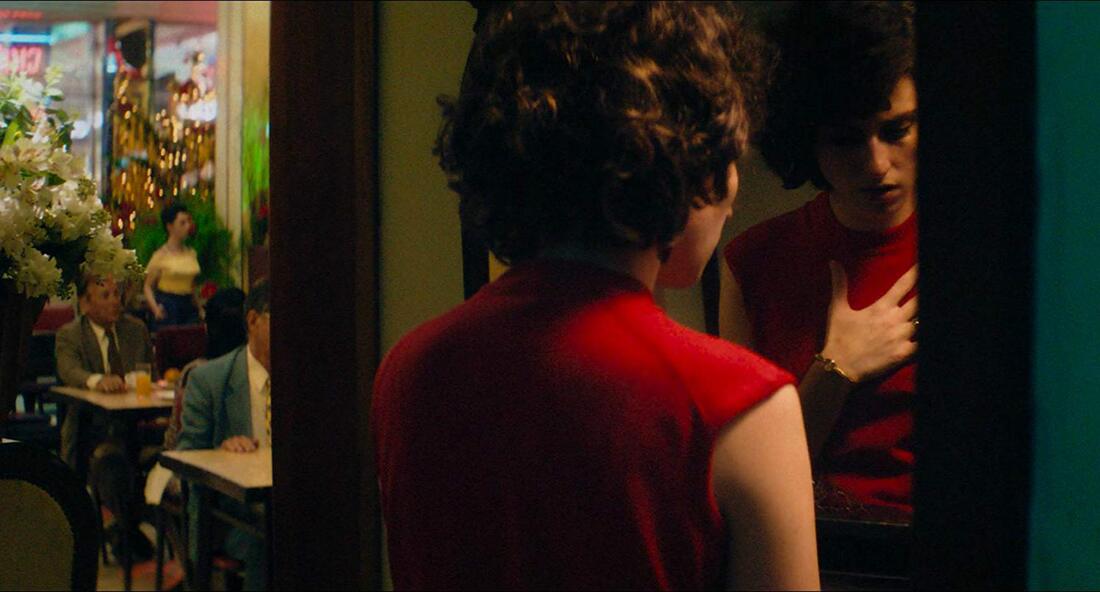|
Review by Sean Boelman Invisible Life, from Brazilian filmmaker Karim Aïnouz, is a new melodrama based on the novel The Invisible Life of Eurídice Gusmão. Thanks to a compelling story and a phenomenal cast that plays it with a lot of subtlety, this manages to resonate on an emotional level much more than one would expect. The movie tells the story of two once inseparable sisters from a conservative family in 1950’s Rio de Janeiro as they go their own ways, trying to find themselves and hold on to their dreams. Although the story sounds relatively generic on paper, and many of the beats lean heavily into melodrama, Aïnouz and co-writer Murilo Hauser approach the events in a way that feels grounded and heartfelt. After the two sisters split apart in the beginning of the film, the rest of the runtime is spent cutting between their stories. The movie does span a period of years, so the timeline does start to become a bit messy, but the individual vignettes are very interesting. Some of them are heartbreaking in what they depict, and others have more of a sense of hope, but the balance between the two is what makes the film feel so real. Even though the movie is set in the 1950’s, it deals with some themes that are still important in the modern day. The story explores these two women as they fight against the patriarchy and struggle to make ends meet in a world that seemingly has it out against them. While the rights of women have increased since the era in which the film takes place, there is still room for growth and this movie discusses some of the areas in which improvement may still be needed. With films with multiple protagonists such as this, it often feels like there is one dominant force in the story, yet Aïnouz and Hauser do an excellent job of making both of the characters feel fully developed. By the midpoint of the movie, viewers will already be fully invested in the stories of the sisters because the characters are written in such a relatable way.
The two lead actresses of the film, Julia Stockler and Carol Duarte, are both great. Both of them give performances that are emotionally rich and nuanced, being careful not to go over-the-top in any scene. Melodramas like this tread a thin line between being emotional and feeling saccharine, and Stockler and Duarte’s subtle performances help the movie feel much more honest. On a technical level, Aïnouz brings a lot of style to the film. The cinematography by Hélène Louvart is wonderful, with a focus placed on capturing the emotion of the scene. Benedikt Schiefer’s score is also very good, setting the tone of the movie quite well and linking the film’s segments with grace and ease. Though Invisible Life doesn’t do much to deviate from the tropes of its genre, it is written and executed in a way that makes it stand out above other similar movies. This story and its themes will likely resonate with many viewers on a personal level. Invisible Life is now playing in theaters. Rating: 4.5/5
0 Comments
Leave a Reply. |
Archives
July 2024
Authors
All
|
|
|
disappointment media
Dedicated to unique and diverse perspectives on cinema! |


